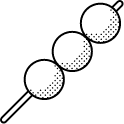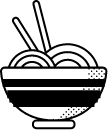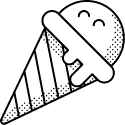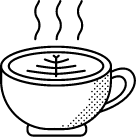
Tasting Room > Business, Management, Admin Table > Sandy Lam
Interview conducted in June 2022
Appetizers
Starting with some basics.
Job Title + Years of Experience
Financial Analyst, 2 years
Areas of Expertise
Financial Planning and Analysis, Budgeting, Forecasting
Company + Industry
Amazon, B2B E-Commerce
Education
UC San Diego, Bachelor’s in International Business
Fun Starters
Getting to know the human side.
Favorite dessert?
Creme brulee
Favorite book or movie?
Percy Jackson and the Lightning Thief
Myers-Briggs personality type
ENFP
What do you like to do for fun?
Outdoor activities like skiing, cooking new Asian recipes or making anything matcha related, and researching skincare
What's one thing you recommend doing in your city, Seattle, Washington?
Seattle - eat sushi/seafood here! (Sushi Kashiba is great if you're able to snag a seat at the bar)
Main Course
A quick deep dive into the day-to-day job.
Tell us about yourself and your job.
Hi there, I'm Sandy! I was born and raised in the Bay Area and enjoy traveling and trying new recipes.
I'm currently a financial analyst which involves building a lot of reports to evaluate success metrics, spend efficiency, and trends over time to better support future business decisions.
How did you end up in your field? What do you like about it?
I've always been interested in business since a young age (mostly due to my parents) and wanted to pursue a more technical field like finance. It's exciting to be able to tell a story with data or pinpoint where something went wrong or how we can improve.
What does a typical morning look like on the job?
A typical morning would include catching up on emails or hopping in and out of meetings.
There will be some meetings with my teammates to ask questions about an ongoing project or large meetings with 50+ people to go over the weekly/monthly/quarterly business reviews to assess our recent performance and key drivers.
Cool, then what does a typical afternoon look like?
My afternoons usually clear up which is when I'll focus and crunch out building reports. This usually consists of pulling lots of data, organizing it so that my excel file doesn't crash when I refresh and building out the actual output or final view of the report with all the formulas that will be presented to business partners or finance leaders.
What types of projects and meetings are you involved in?
Most of my work is project-based with a couple of ad-hoc requests from time to time. I'll set up meetings to understand data sources and structures, define metrics, and align on what information we think is important to include.
Who do you collaborate with in meetings and projects? Cross-functional teams? What's it like?
I collaborate with other finance team members to work on reports, business intelligence engineers to source data, and business partners (program and product managers) to understand how I can best support them and provide valuable insights to the business.
Thankfully, everyone I've worked with so far has been very willing to lend a helping hand and really nice despite having many more years of experience.
Dessert
Now for some juicy insights in the tea room.
What's the most challenging thing about your job?
When the data comes from all different types of sources. I've been working on a project recently whose objective is to track spending efficiency for the first time and be the single source of truth.
It's been pretty challenging because some of the data sources have not been standardized yet (aka different people pulling the same metrics from different sources so the numbers are slightly different) and the sources vary from automated SQL queries, Quicksight or Tableau dashboards, or other internal tools that I'm not able to get access to.
What are some characteristics that can help someone succeed in your role?
Detail-oriented: there's a lot of data to work with and we always need to triple-check numbers and formulas.
Ability to see the big picture and understand the nitty-gritty: still working on this one myself but once you become a subject matter expert, people are going to ask a lot of follow-up questions on what now? What does this mean for the overall business and what are your recommendations?
Confidence: being able to speak about your work confidently goes a long way especially when people start to challenge ideas or propose new methods.
Any advice on how to stand out and get hired for those just starting off?
Don't be afraid to reach out to others ahead in their careers to learn more about their work and how they got to where they are. Those have been some of my best conversations and it's never as scary as you thought it would be.
Apply for any and all jobs you're interested in - even if you don't think you have a shot! This is the main reason I was able to intern with Amazon while I was still a student.
What's something that surprised you about your job?
The learning curve can be steep, but there are plenty of people who are eager to help out. I feel very fortunate to have had such patient, kind, and smart coworkers.
What do you see your next step being?
I would love to be at a healthcare tech company like Curology down the line :)
Any last thoughts, advice, or recommendations for someone who wants to do what you do?
Get started early in college - find organizations you can join to build a strong support group, and put yourself out there (career fairs, networking)!



